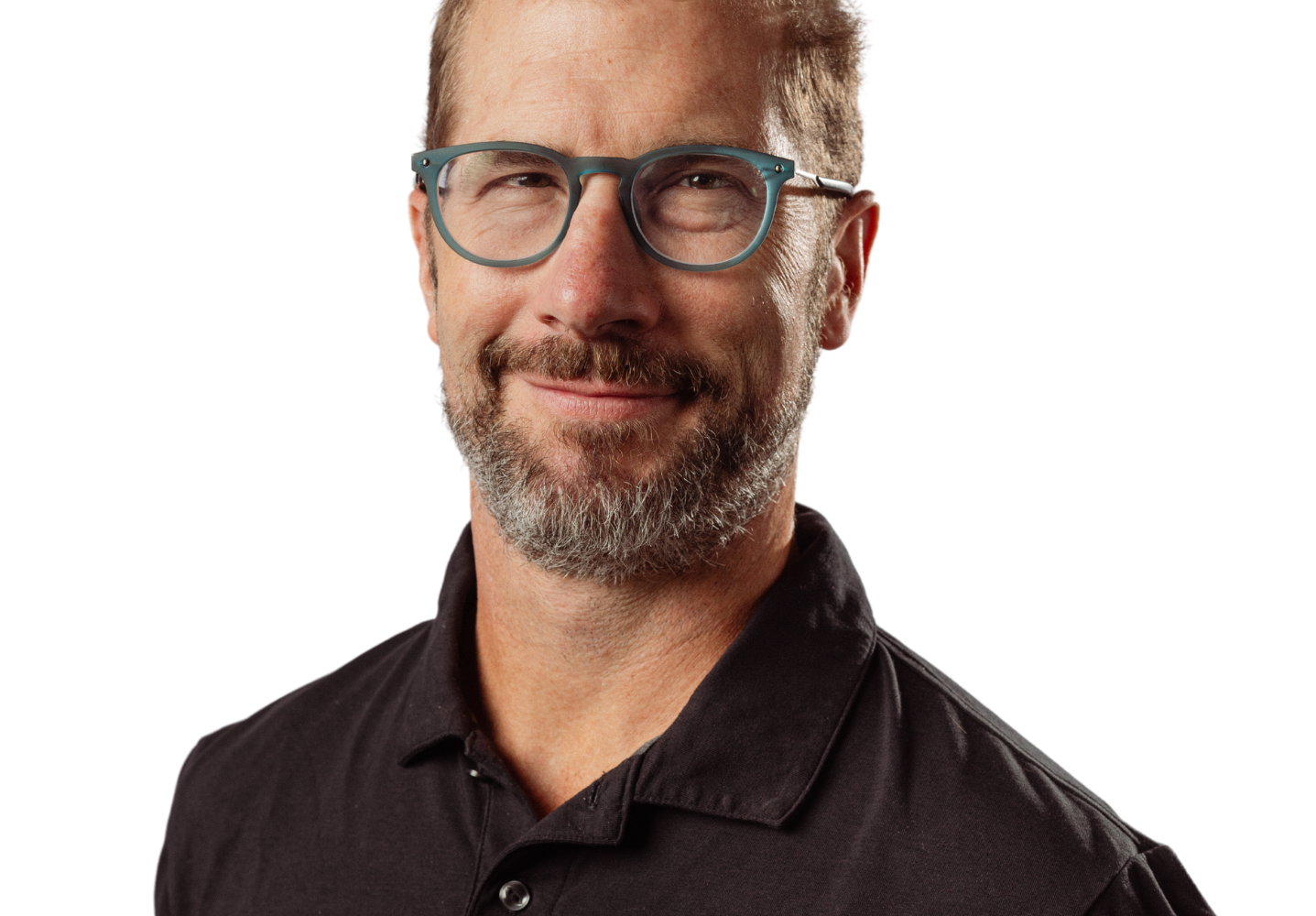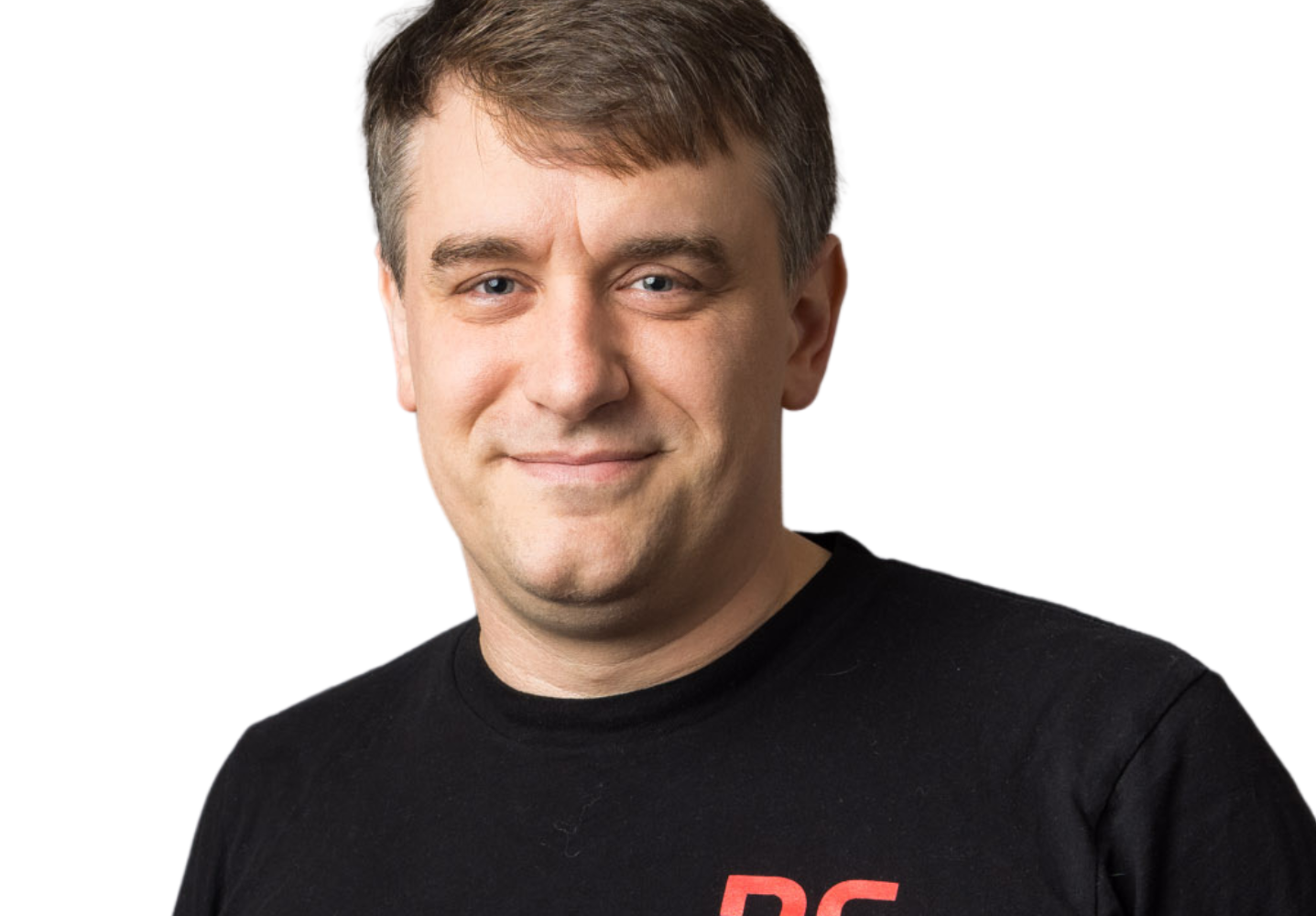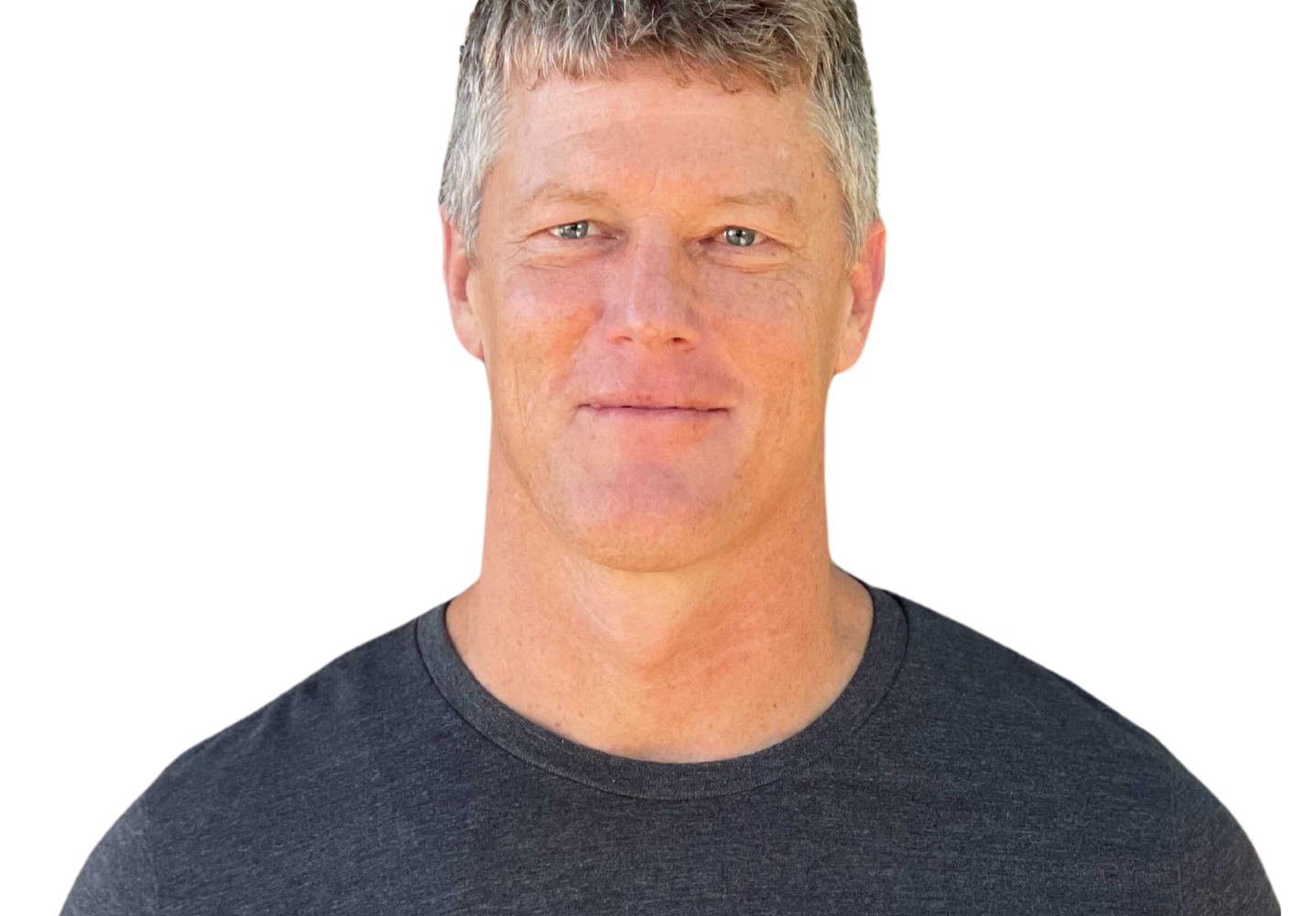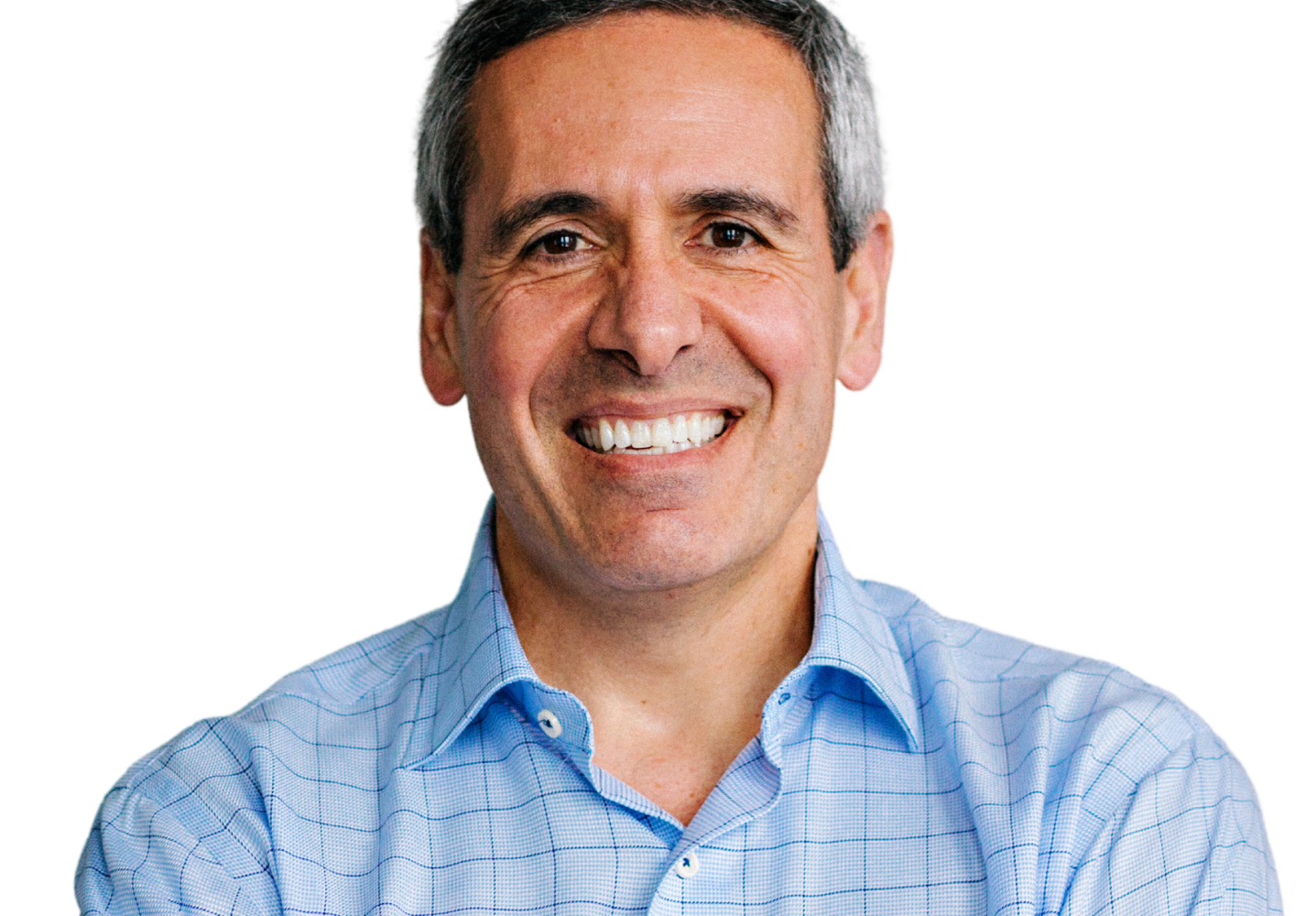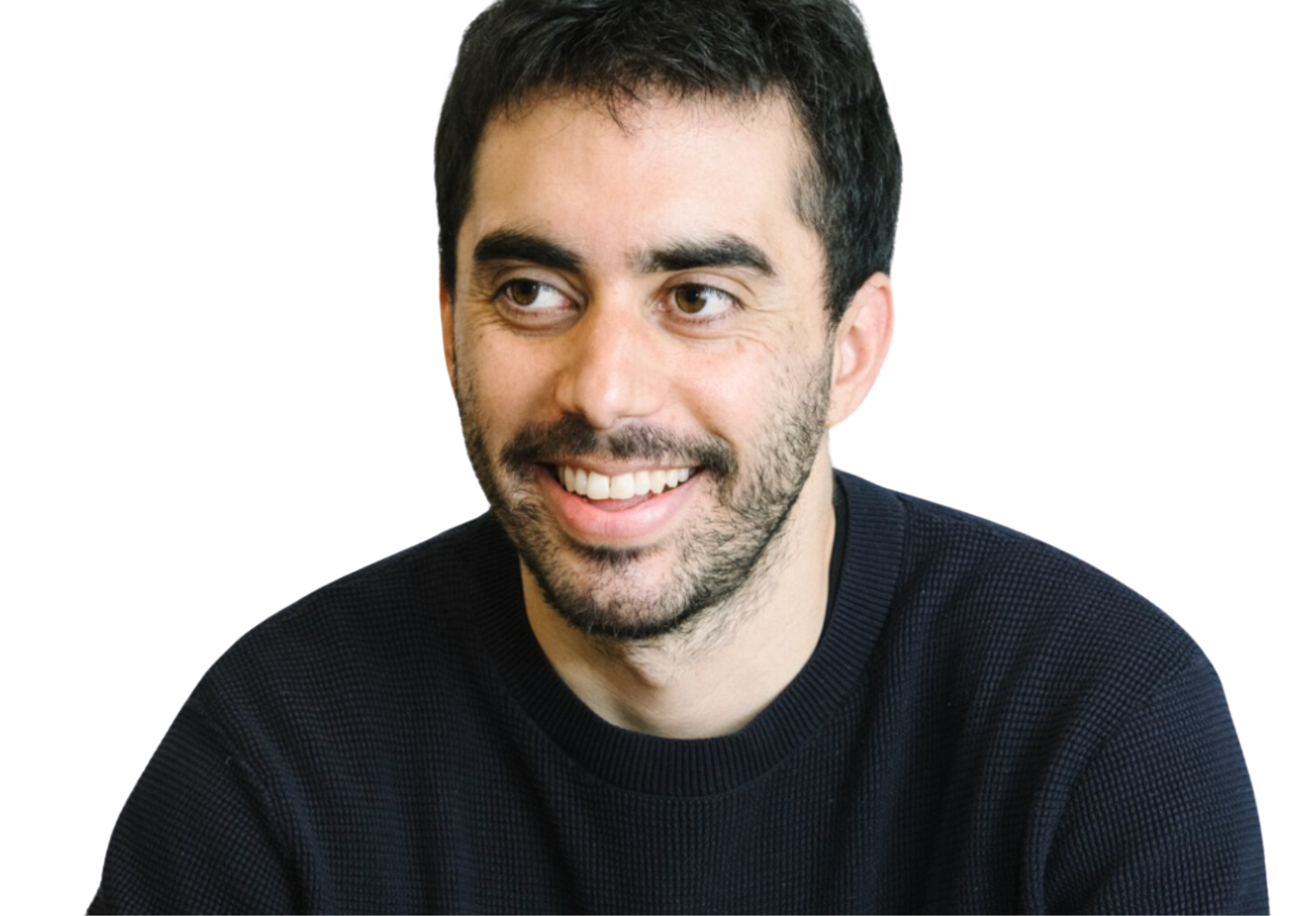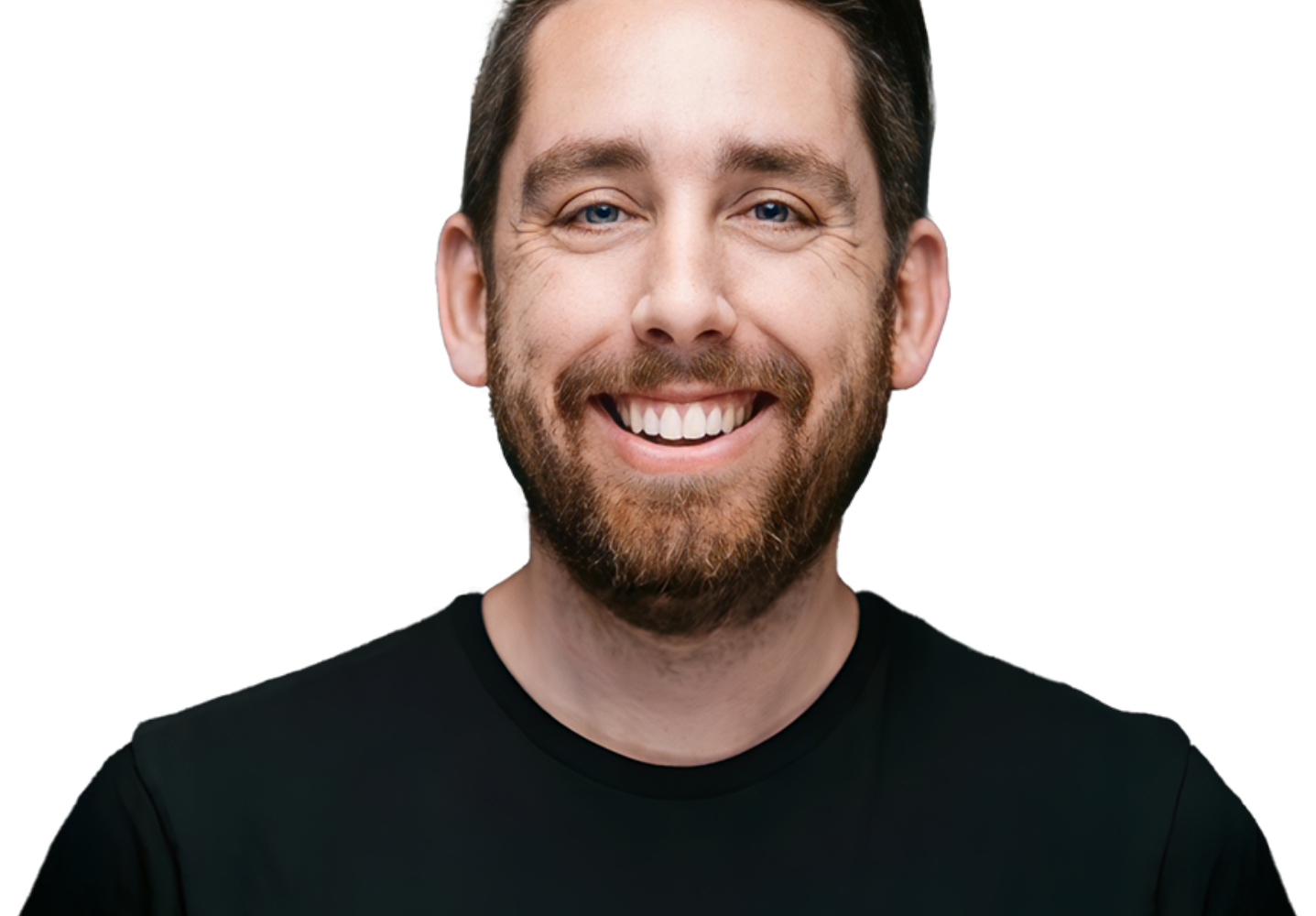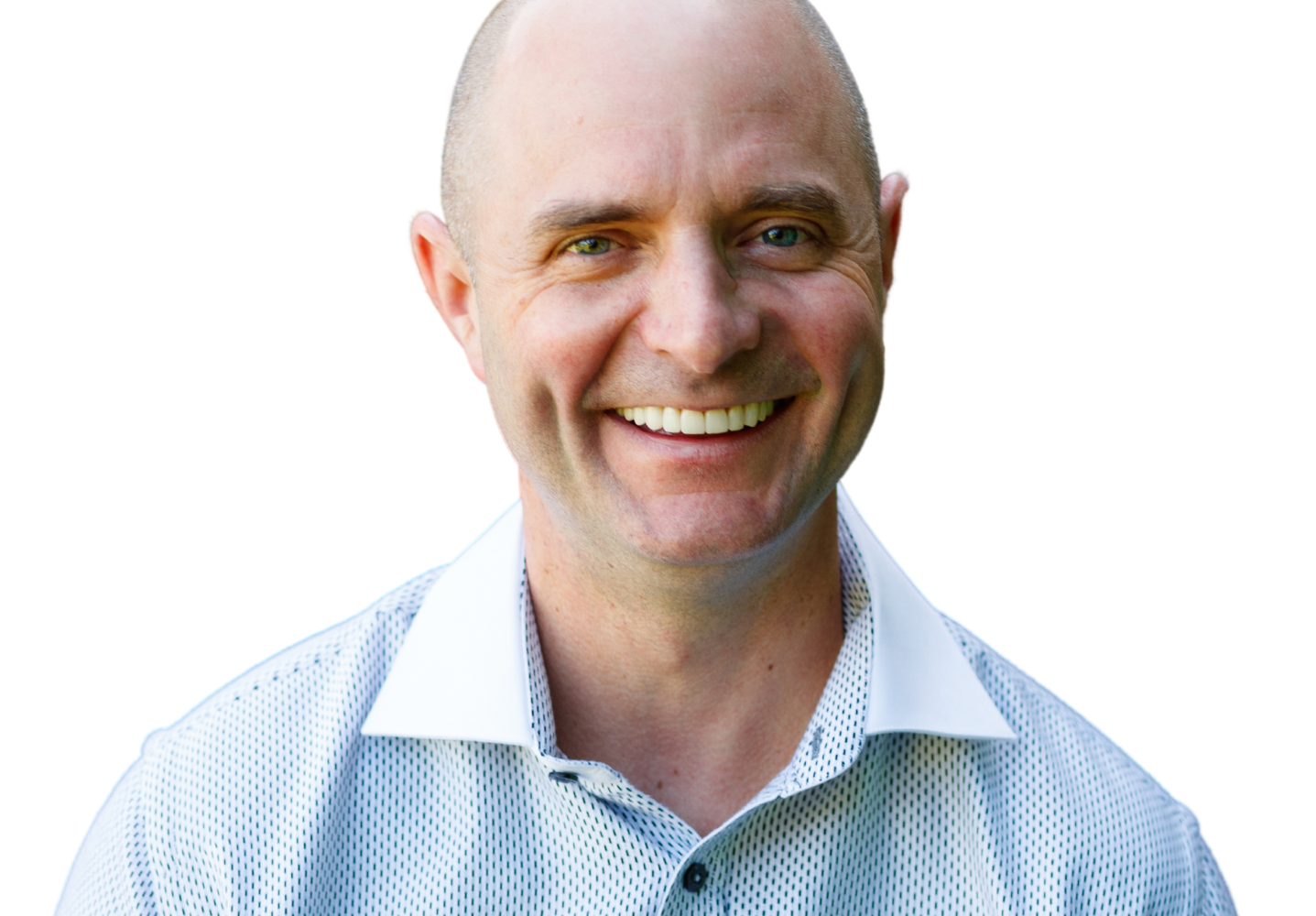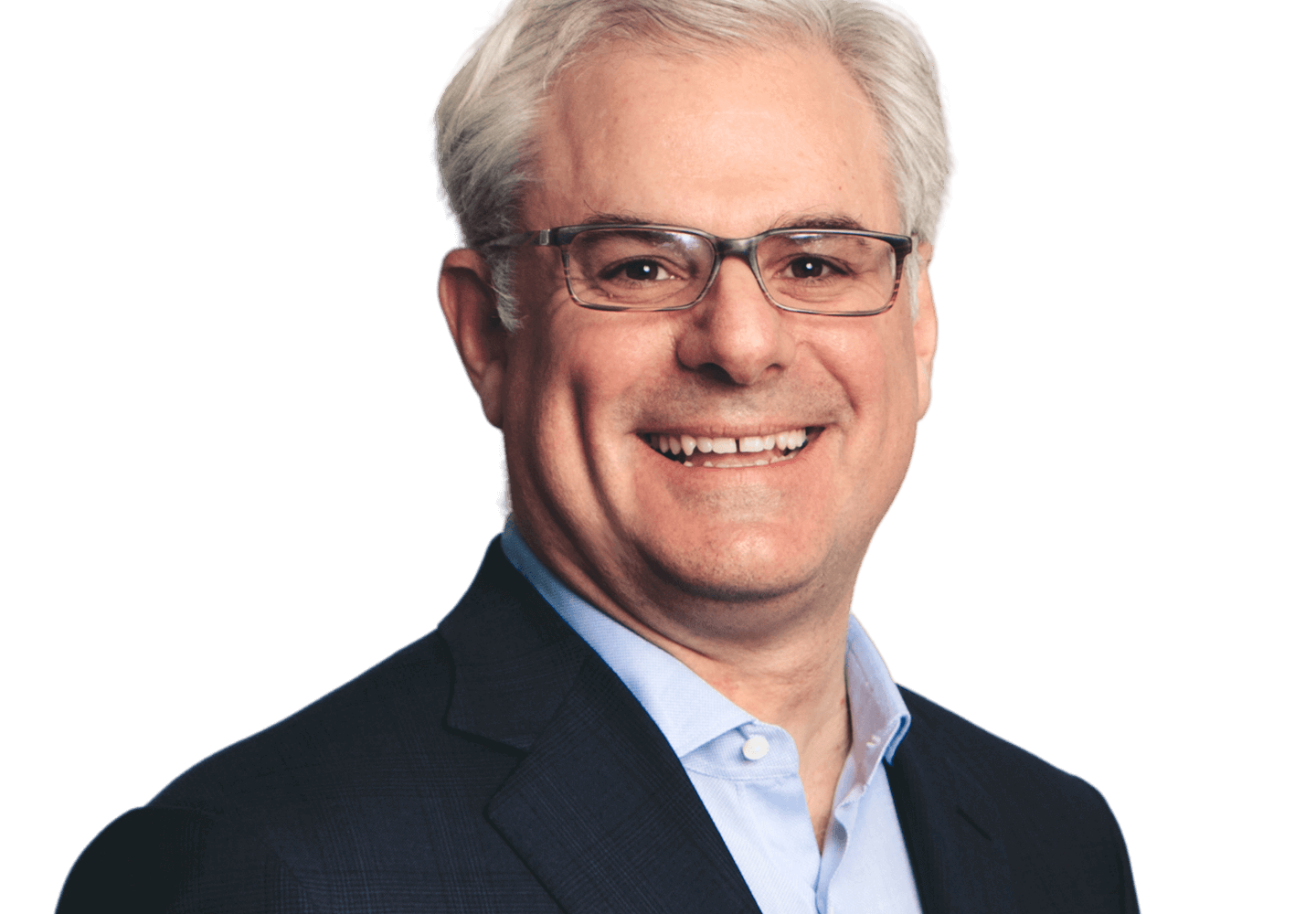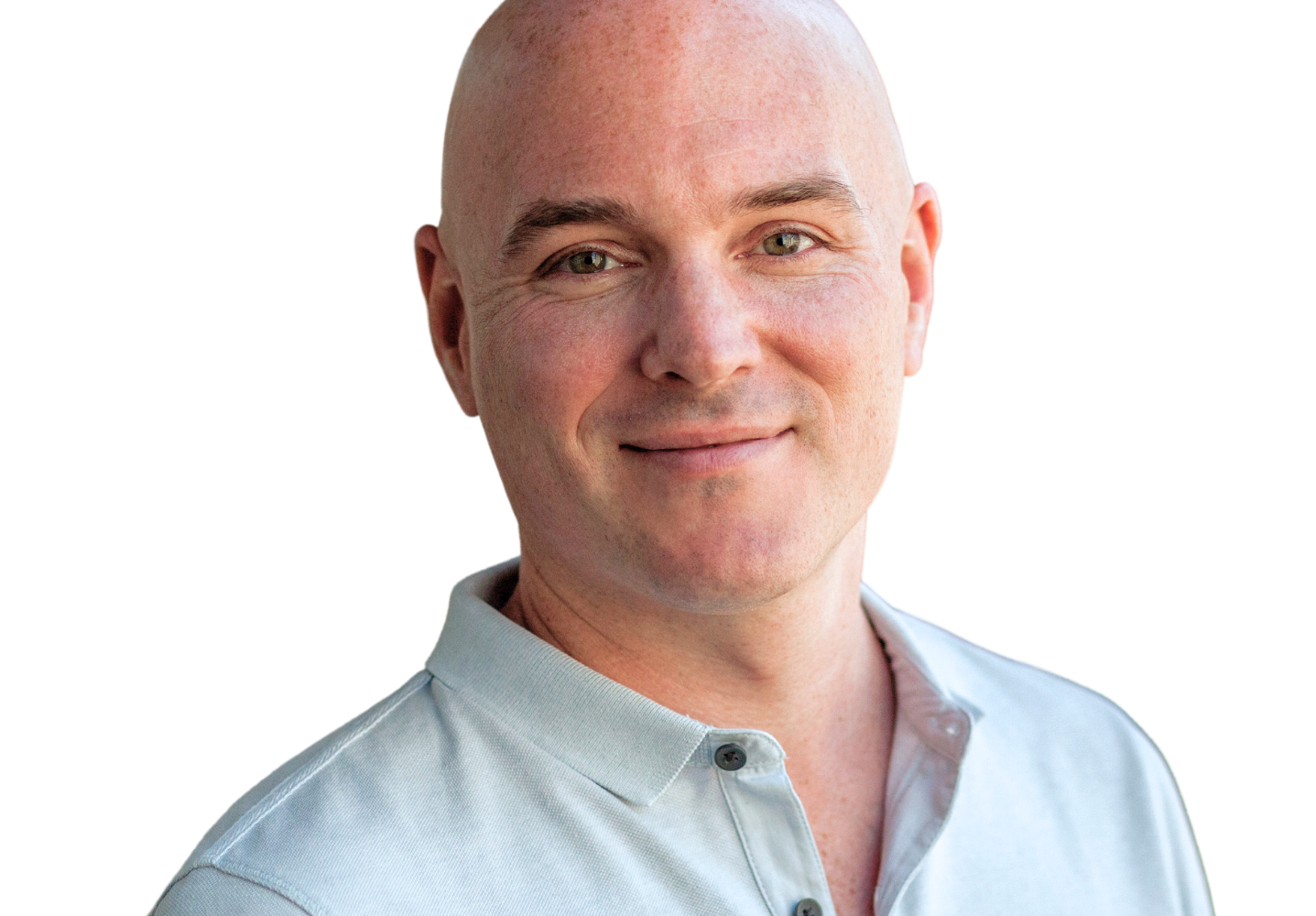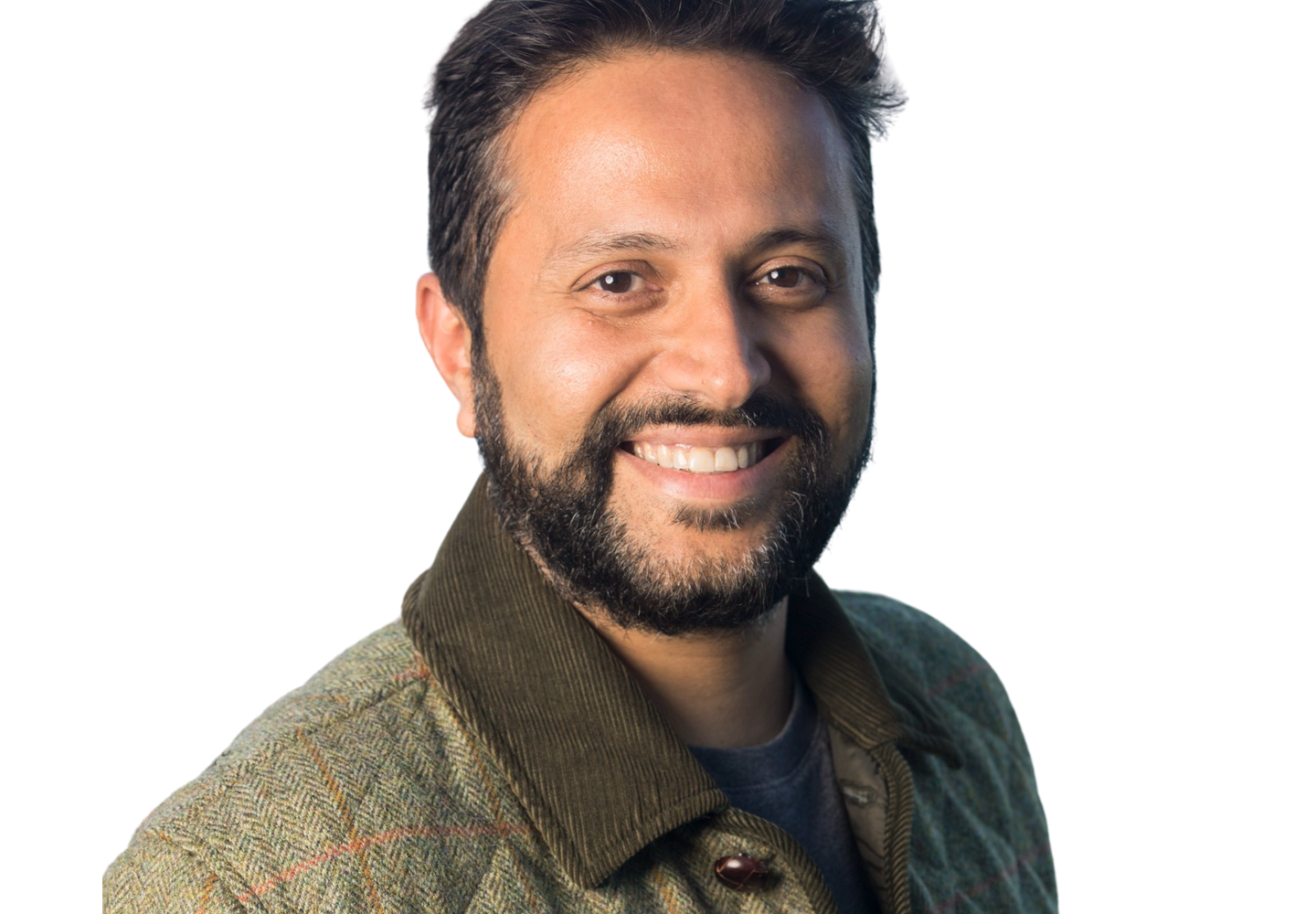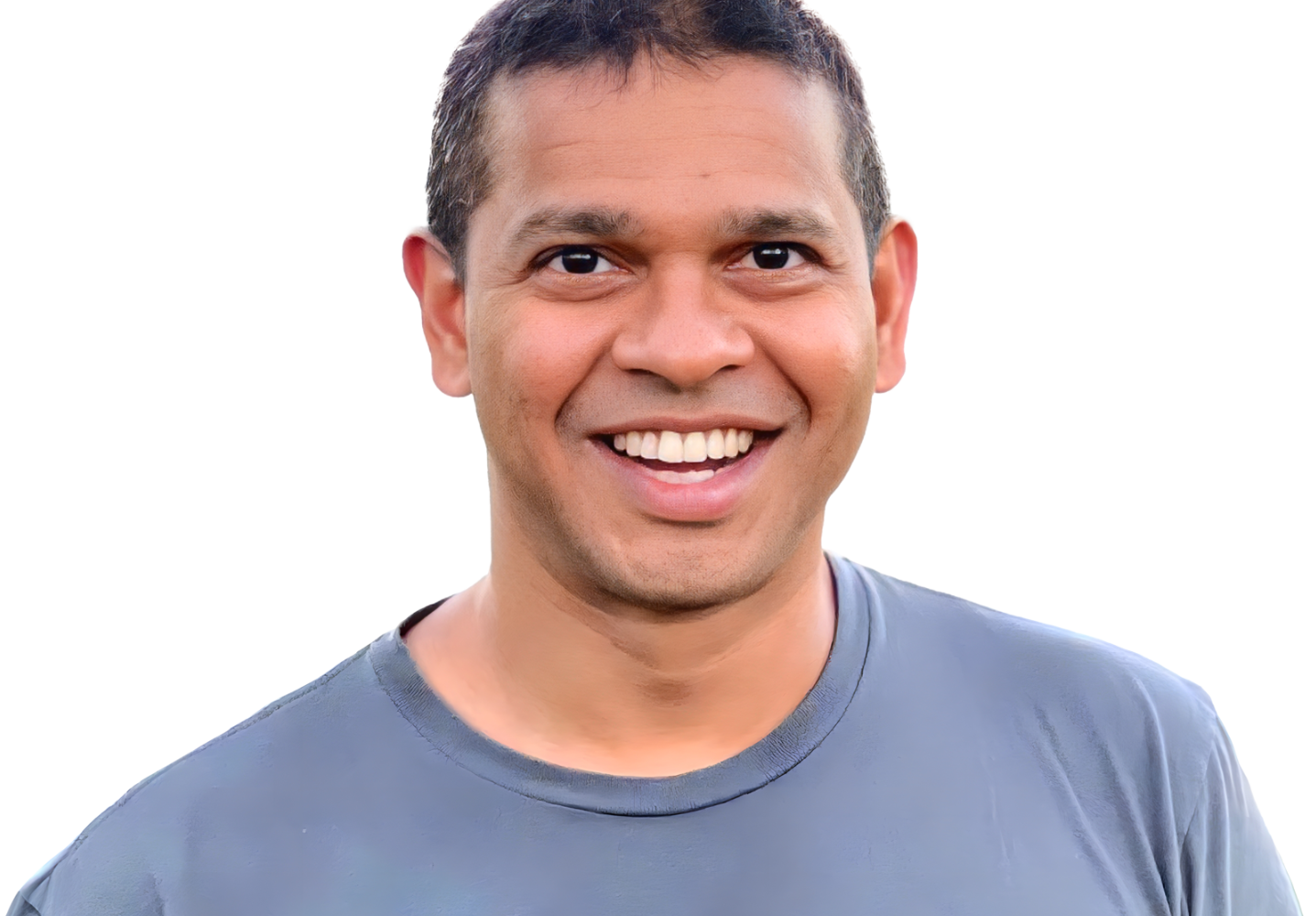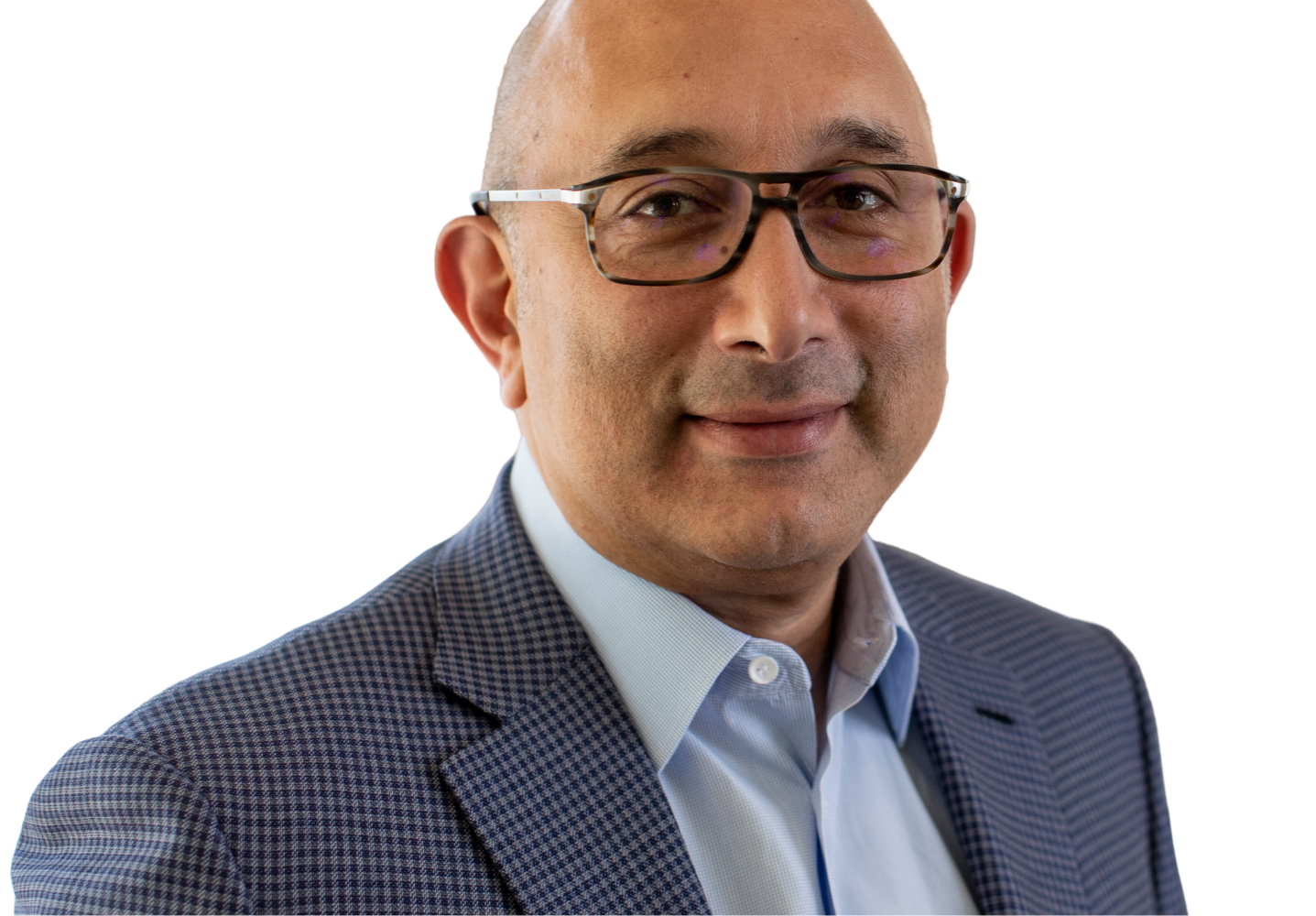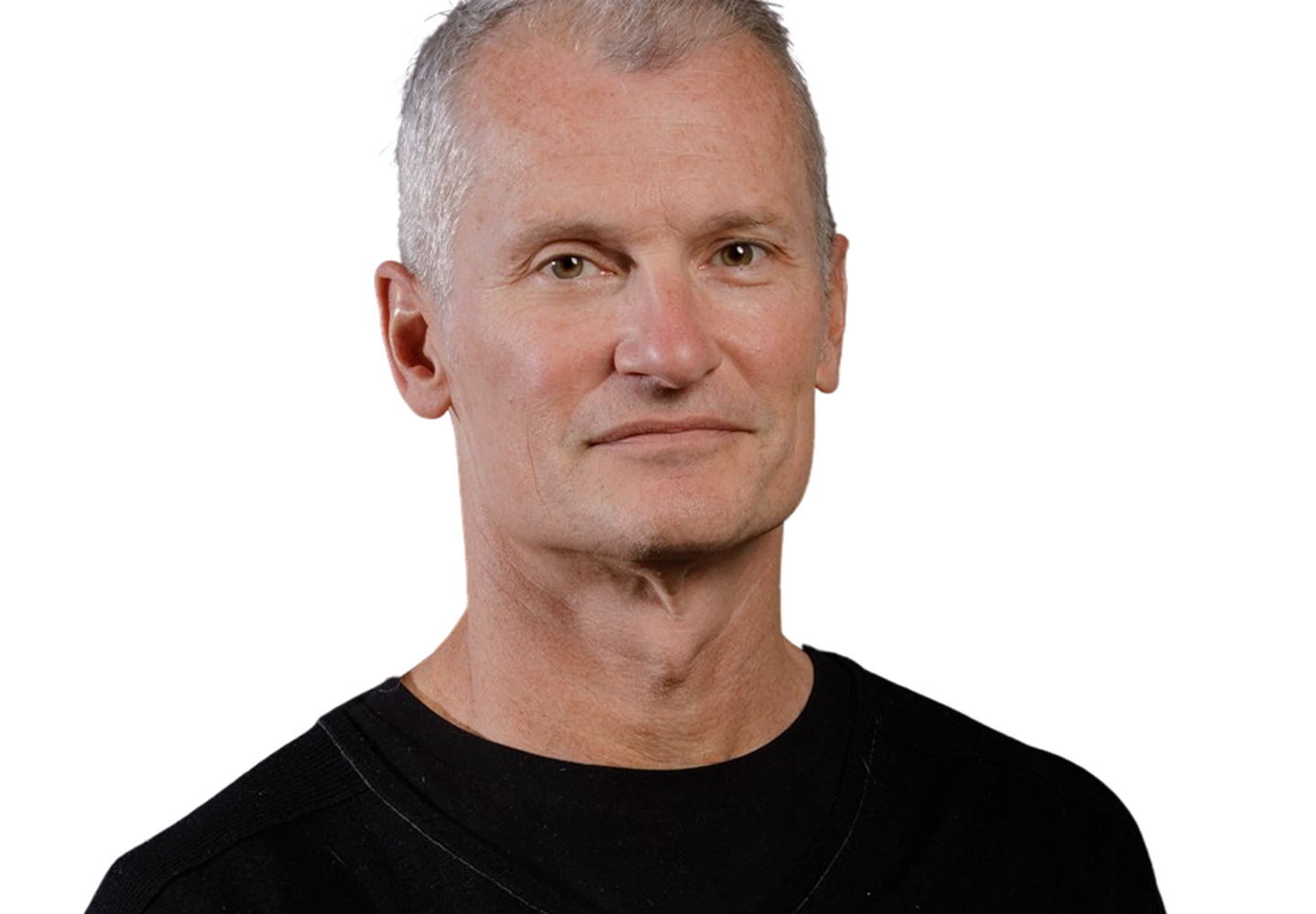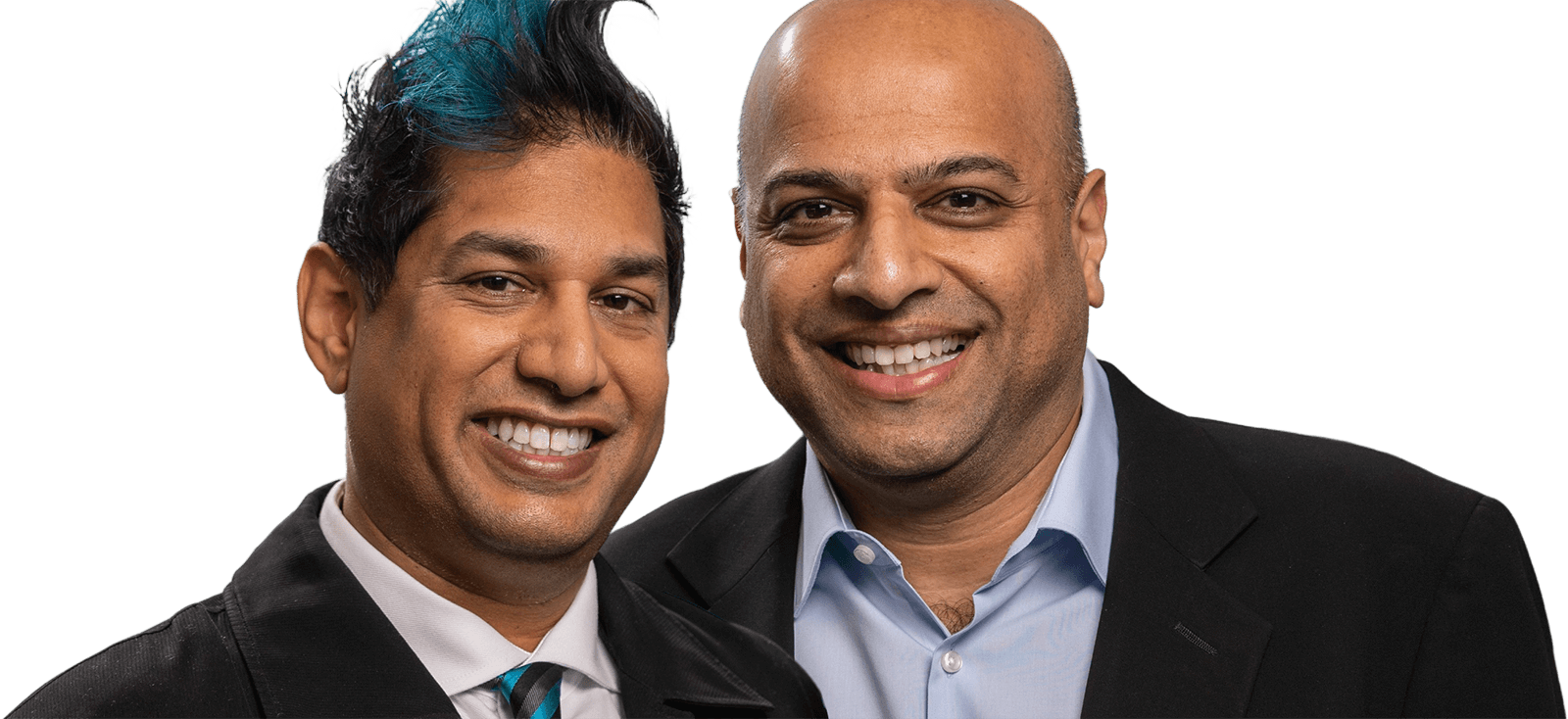What problem inspired the creation of MotherDuck, and why were you the right person to tackle that?
I was a poster child for big data for about 10 years, having helped start Google BigQuery, which helped people handle their “Big Queries.” But I realized that the vast majority of users, even giant enterprises, were dealing with “normal” sized datasets. As a result, the solutions we were building were far more complex than they needed to be.
I ran across this open-source database called DuckDB, which was taking the approach of making data easy to work with. I read some of the research papers the creators had published, which resonated with my experience over the previous 12 years working on big data systems. I reached out and visited them in Amsterdam, and we realized we were philosophically aligned about the future of data systems — so we decided to work together.
I think it was the right time and right place. What they were doing built on important hardware trends; laptops and networks have gotten much faster, and servers have gotten bigger, which meant you didn’t need the elaborate architectures built by the big data system vendors. DuckDB was growing like crazy with data practitioners. All that was missing was a cloud-hosted version.
So, in April 2022, I launched MotherDuck, a serverless data analytics system based on DuckDB. It was great to partner with them very early, and it’s been this great virtuous cycle — they’ve built this amazing, rapidly growing open-source project, and then we’re taking it to the cloud.
Madrona is deeply wired into the cloud community and has deep experience and connections at AWS, Microsoft, and Snowflake.
What is it like to work with Madrona?
Madrona is deeply wired into the cloud community and has deep experience and connections at AWS, Microsoft, and Snowflake. They have a great understanding of how the cloud works and how to help work through some of the potential roadblocks a startup may encounter — they can point you to the right person at the right time. They’ve made some incredible introductions to customers and executives and have even helped do some arm-twisting to get people to bend their rules a little bit to help us, which has been incredibly useful.
Tell us about a Madrona Moment.
When I was just getting started — I wasn’t really even raising — I met up with Madrona Investor Ishani Ummat, who I knew through a friend of someone my wife works with. Before we met for coffee, I had let slip that I had an idea I was working on, so she showed up at the local coffee shop with one of my neighbors — Jon Turow, who is also a Madrona partner. They wanted to know a little more about what I was working on. The next day, they invited me to check out the office. When I arrived, all the Madrona managing directors happened to be sitting around the main conference table, so they asked me to tell them more about this thing I was thinking about. I did my “pitch” and then was able to take a couple of other meetings that I couldn’t reschedule from one of their conference rooms for an hour or so. When I was done, Jon and Matt McIlwain walked in with a term sheet, and suddenly, it was real.
It was amazing that they developed conviction so quickly and could turn something around. There’s lots of stuff that goes on that founders don’t always see, like the people they check with and the due diligence process that happens. I heard through back channels that they did lots of that. It was just super impressive that they were able to get that done so quickly. Acting decisively, for a founder, is a great vote of confidence and a sign of somebody who would be good to work with.
What have you learned about yourself during this process?
I’ve learned I’m at my best when things are a little bit on fire. And I think that is good at a startup because things are always a little bit on fire. There are always problems. To be effective, you have to make sure things are on fire the right amount because, obviously, if things get too out of control, that’s bad. But also, if things seem to be going along too smoothly, I think that’s also a sign that something is bad. You have to have the right level of urgency and explore alternative paths. When things are moving too smoothly, injecting the level of urgency you need is really hard.
What is the most important lesson you have learned during your startup journey?
When I first started MotherDuck, I had no idea how to start a company, how to build a startup, how to raise money, or how to talk to VCs. One thing that was super helpful was that most VCs I talked to referred me to other founders I should talk to. These founders, even people running successful unicorn companies, were super open and willing to talk and spend time with me. They would jump on the phone with me and spend a half hour/45 minutes, knowing nothing else other than I was another founder.
But the surprising thing was that everybody had different advice. Somebody might say, “You should raise as much as you can because you’re only vulnerable when you’re running out of money,” which is reasonable. And somebody else might say, “Well, you should raise as little as you can. Stay lean, and don’t dilute. If you have good funders, they’ll never let you run out of money.” Both of those options are the right things for the right people. The thing I realized is that it’s super helpful to hear how other people make decisions, but you need to go a level deeper and understand what’s underneath those decisions so you can build a decision framework and figure out what’s the right thing for you to do. Just because something is right for somebody else’s company, it may be the exact wrong thing for your company. So, if you can build a decision framework, it will help you make the decision that will be right for you and the kind of company you want to build.

